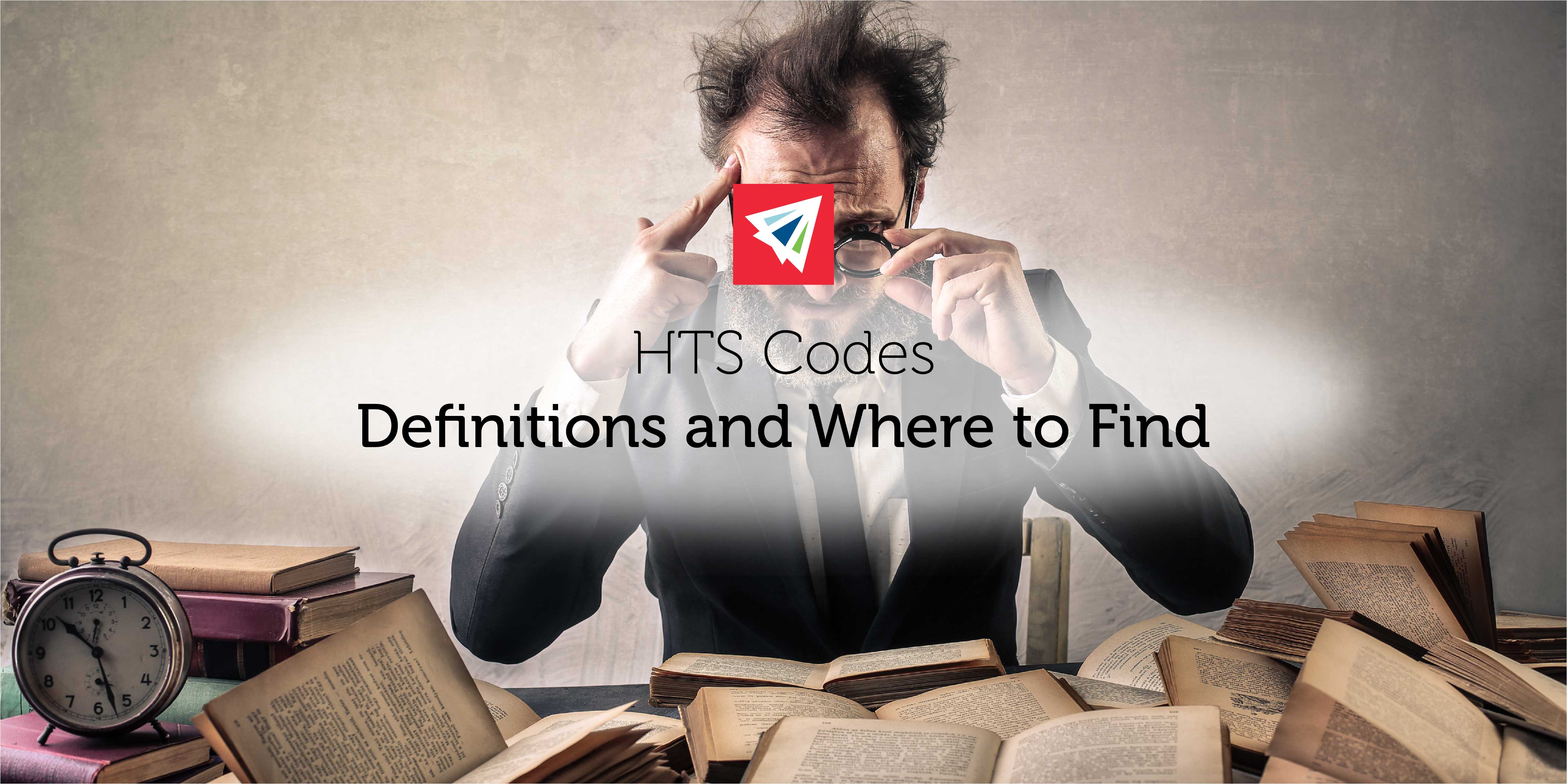HTS Codes: Definition
HTS, or Harmonized Tariff Schedule codes were developed by the World Trade Organization (WTO) to classify internationally traded products. Customs will require an HTS code to be assigned to all goods shipped to ensure consistency and accurate duty rates. HTS codes aid in tracking and tracing commonly traded goods internationally. But most importantly, the codes are used to aid in assigning correct tariff rates to products being imported or exported. Although import and export duties can vary on a variety of factors such as the good’s country of origin, HTS codes are only used to define the type of commodity being shipped. And having accurate HTS codes on all your international shipments is important in keeping yourself from customs fines.
HTS Codes: Where to Find Them
If you are looking for HTS codes, the government has made them readily available online. If you go to: https://hts.usitc.gov/ it will bring you to a simple search box. Put in the type of product you are looking to get an HTS code for, and it will render a search that will return (most likely) a ton of HTS codes for that product. For example, you may search “coffee” and get these results:
- 0901: Coffee, whether or not roasted or decaffeinated; coffee husks and skins; coffee substitutes containing coffee in any proportion
- 11.00: Not Decaffeinated
- 12.00: Decaffeinated
- 90.10: Coffee Husks and Skins
- 90.20: Coffee Substitutes
Depending on the product, your search may return dozens of HTS codes for different variations of the same good. However, other commodities may only have a few HTS codes. This is where accurately defining your goods is very important. With a myriad of HTS codes for variations of goods that sound incredibly similar, the temptation may be to close your eyes and point at one. But carefully sifting through the HTS codes to find the appropriate one for your shipment can keep customs off your back. While we understand it is complicated, make sure to call your freight forwarder or NVOCC if you are confused. We at Interlog USA are happy to help you select the right code. We have dealt with the subject extensively and are excited at the opportunity to help your company.
